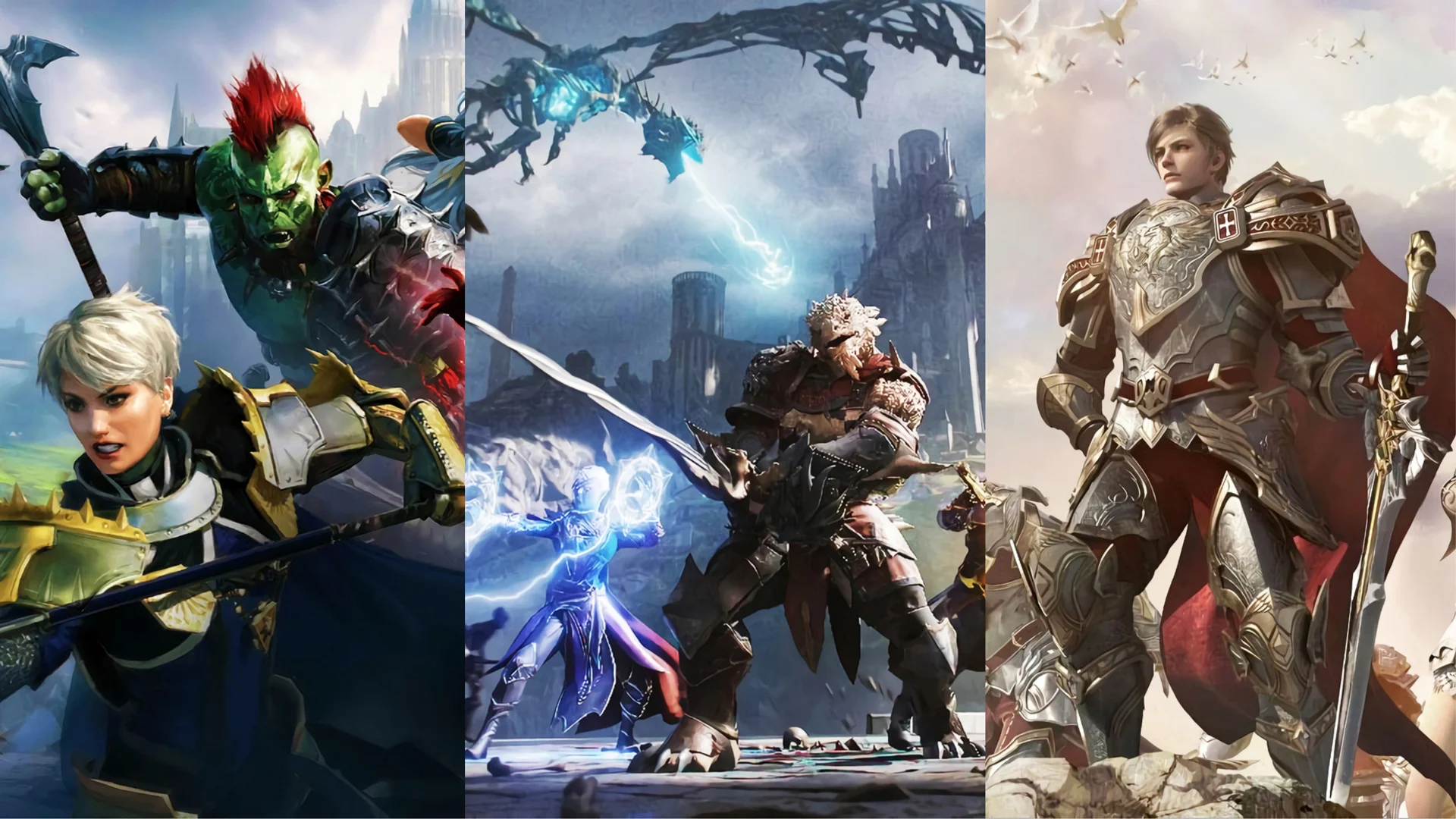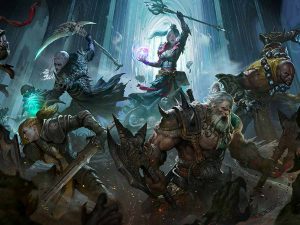
Role-playing games (RPGs) have always been known for their rich narratives and immersive worlds
The power of choice in RPGs has become a major focus, with developers offering players more agency than ever before. This shift has had a profound impact on the genre, and it is changing the way players engage with and experience RPGs
Player agency refers to the degree of control a player has over the events and outcomes in a game. RPGs have always offered players choices, but these choices were often limited and did not significantly impact the overall story. However, modern RPGs have taken player agency to new heights, giving players the power to shape the narrative in profound ways.
One of the most significant examples of player agency in RPGs is the Mass Effect series. The games offer players a wide range of choices, from simple dialogue options to major decisions that can impact the fate of entire species. These choices not only impact the narrative but also affect the gameplay and the relationships between characters. The player’s choices in Mass Effect are so significant that the ending of the third game was widely criticized when it initially released, leading the developers to release an updated version with additional choices and endings.
Another example of player agency in RPGs is The Witcher series. The games allow players to make choices that can have significant consequences later in the story. For example, a seemingly minor choice in the first game can have a major impact on the outcome of the third game. These choices also impact the player’s relationships with other characters, adding an extra layer of depth and nuance to the narrative.
The power of choice in RPGs has a significant impact on player engagement and immersion. When players are given agency, they feel more invested in the story and the world. This level of investment can lead to a more satisfying experience overall. Additionally, the power of choice adds replay value to RPGs, as players can make different choices and experience different outcomes.
However, there are some challenges associated with offering players agency in RPGs. Developers must create branching narratives that are still cohesive and engaging, which can be a difficult balancing act. Additionally, offering too much choice can be overwhelming for some players, leading to decision paralysis or dissatisfaction with their choices.
In conclusion, the power of choice in RPGs has become a major focus for developers, and it is changing the way players engage with the genre. Giving players agency over the narrative allows for a more immersive and satisfying experience, but it also presents unique challenges for developers. As RPGs continue to evolve, it will be interesting to see how the power of choice is further integrated into the genre and how it impacts the way we play and experience these games.





